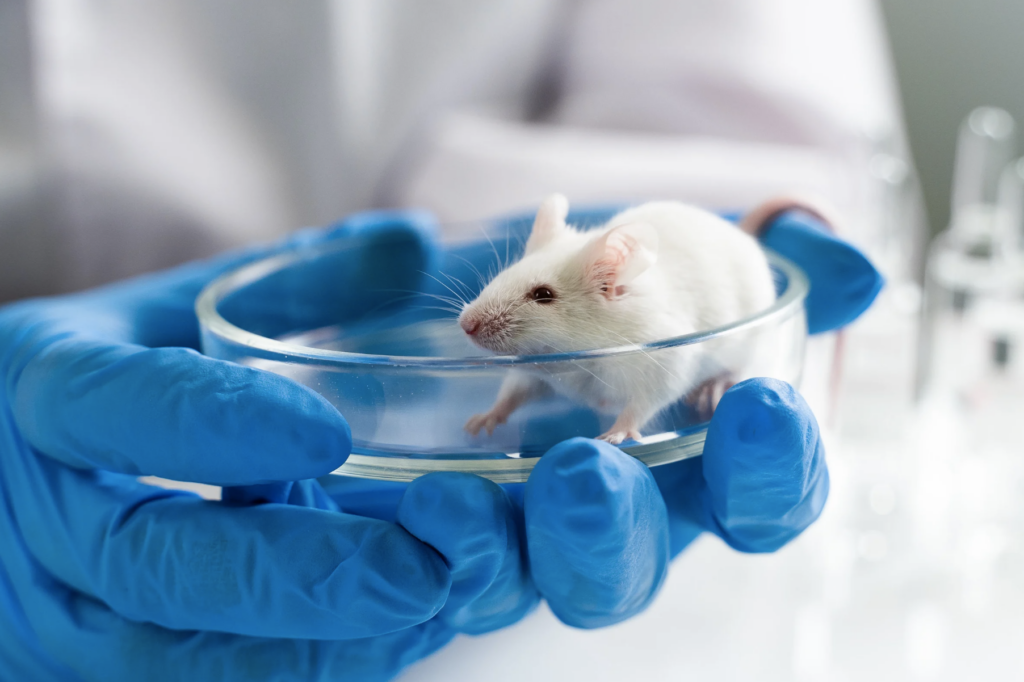Innovative technology is being developed by British scientists to track the genetic evolution of respiratory viruses as they travel around the globe.

Scientists at the Wellcome Sanger Institute in Cambridgeshire, UK, are creating ground-breaking technology to track genetic alterations in respiratory viruses in order to spot potentially harmful new variants as they appear and serve as an early warning system for emerging diseases and pandemics.
The research team wants to develop technology that is affordable, simple to use, and scalable to enable global surveillance of a variety of viruses. Coronaviruses, respiratory syncytial viruses (RSV), influenza viruses, and other diseases that have not yet been discovered would all be targets.
What is Respiratory Virus and Microbiome Initiative
The Respiratory Virus and Microbiome Initiative is a project with the goal of developing a system that would use DNA sequencing technology to identify all viral, bacterial, and fungal species in a single sample taken from a patient’s nose swab.
Britain is at the forefront of the genomic surveillance of Covid-19 and is responsible for about 20% of all the Sars-CoV-2 genomes that were sequenced globally during the pandemic, according to Ewan Harrison, who is leading the project at the Sanger Institute.
Using the knowledge and information they produced, researchers were able to track and track the evolution of Sars-CoV-2, the virus that causes Covid-19, with previously unheard-of speed and accuracy.
That was an excellent tool in the fight against the illness. Now, their goal is to support the development of a global genomic surveillance system for all respiratory viruses. Harrison stated that these are the agents most likely to start fresh pandemics.
Coronaviruses serve as an example of the danger posed by upcoming pandemics. When scientists employed genetic surveys during the Covid epidemic, the technology’s astounding potential became clear.
The technology revealed that the rapid increase in Covid cases in southeast England in December 2020 had been brought on by the emergence of a new, more contagious strain. It was initially referred to as the Kent strain but was later given the Sars-CoV-2 Alpha variant name.
Future
John Sillitoe, head of the Sanger Institute’s genomic surveillance unit, called the finding a game-changer.
Researchers soon generated genomic data and discovered that this variation was disseminating at an extremely high rate. All of a sudden, the world could see the potential of genomics.
Researchers are now going to take advantage of its ability to detect changes in viruses much, much more quickly than with previous techniques.
The Sanger team is working on the project in conjunction with the UK Health Security Agency, British academics, and other public health organisations with the goal of developing techniques that will enable them to sequence not just one virus variant but any that may be infecting a patient from a single sample.
Samples are typically gathered from patients who have just been admitted to a hospital because that is where a new, emerging disease is likely to first show symptoms.
Yet, any technology will need to be flexible enough to work in labs all around the world.
According to Sillitoe, the system had to be the simplest, most affordable, quickest, and most scalable one that could be created in order to function globally.